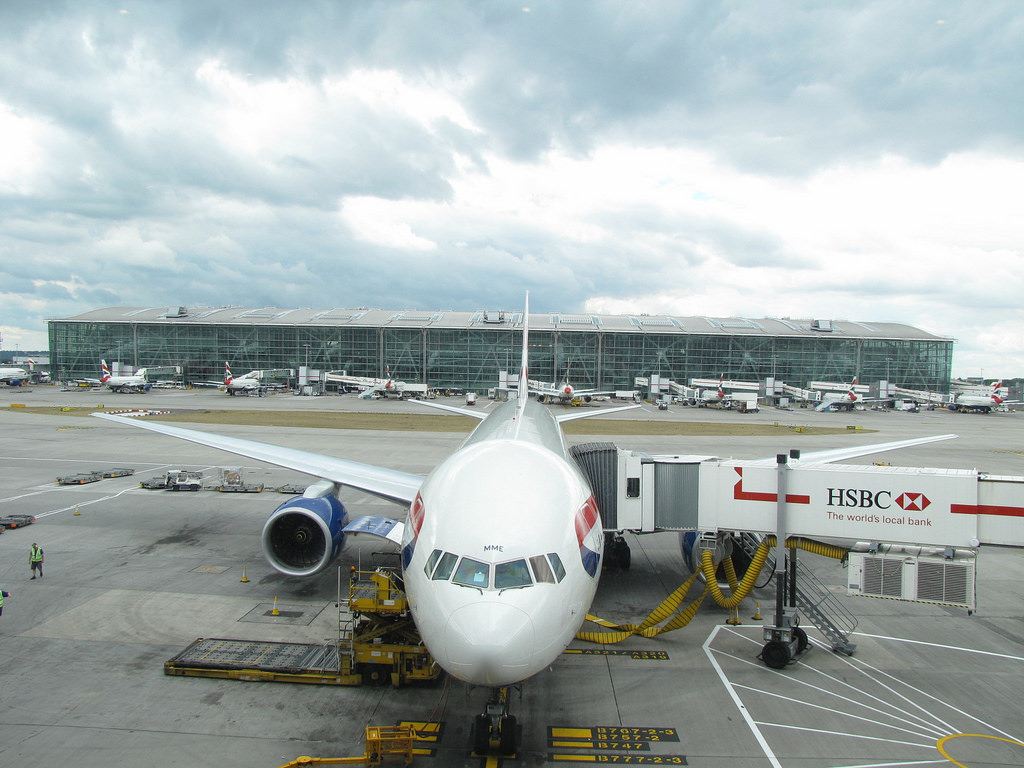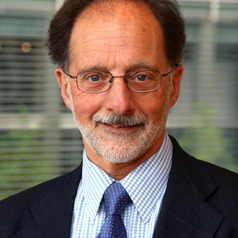With Heathrow already operating at 98% capacity, airport expansion will be one of the biggest issues facing the next mayor of London. Whoever is elected to the position won’t have the final say – that power lies with the UK government – but their opinion carries the weight of the largest electoral mandate of any UK politician. Given that neither of the two main contenders – Labour’s Sadiq Khan and the Conservatives' Zac Goldsmith – support the expansion of Heathrow airport, both will need to think carefully about how they’d like to address the problem.
Airport capacity has been an issue in London at least since the government initiated a consultation in 2000. In 2012, the government set up the Airports Commission to evaluate the evidence on the matter and propose a way forward. The commission rejected outgoing mayor Boris Johnson’s proposal for a whole new airport in the Thames Estuary as too costly.
Instead, when giving its final report in July 2015, the Airports Commission plumped for an additional runway at Heathrow, believing that noise and air pollution could be adequately mitigated.
Since then, the government has decided that further work was needed to ensure that the environmental impacts of a third runway could be managed – effectively delaying a decision on the proposal until after the mayoral election, and the UK’s referendum on EU membership.
Under pressure
The House of Commons Environmental Audit Committee later argued that the government should not approve Heathrow expansion unless the project can be reconciled with legal air pollution limits, and would be less noisy than a two-runway airport.
There is a strong demand from business organisations – notably the CBI – for a commitment to Heathrow, and the government has been criticised for flip flopping. Meanwhile, Gatwick Airport has energetically pressed its case for the additional runway to be located there, on grounds of environmental acceptability and lower cost.
The new mayor would make his views felt ahead of the government’s announcement. If the go-ahead is given for Heathrow, the new mayor may also intervene in the public inquiry to address local impacts that would precede the granting of detailed planning consent.
Wait and see
Both the main mayoral candidates are against more runway capacity at Heathrow. Conservative candidate Zac Goldsmth is MP for Richmond and North Kingston – a constituency under Heathrow’s flightpath. As such, he has long campaigned against expansion. Labour’s Sadiq Khan opposes a third runway at Heathrow too. Instead, Khan advocates a second runway at Gatwick, and he has also pledged to improve rail links to Stansted airport.
It would be easier for a Conservative government to resist the opposition of a Labour mayor to a Heathrow expansion. But Conservative MPs for West London constituencies affected by noise and air pollution would put up a vocal challenge to the plans, too.
Alternatively, there is a respectable case for deferring this difficult political decision, to see how a very competitive aviation sector copes with the growth of demand for air travel. As I have suggested previously, market forces would likely mean that priority would be given to business travellers at Heathrow, displacing leisure travellers to other airports – such as Stansted – which have plenty of spare capacity.
 David Metz does not work for, consult, own shares in or receive funding from any company or organization that would benefit from this article, and has disclosed no relevant affiliations beyond the academic appointment above.
David Metz does not work for, consult, own shares in or receive funding from any company or organization that would benefit from this article, and has disclosed no relevant affiliations beyond the academic appointment above.
David Metz, Honorary Professor of Transport Studies, UCL
This article was originally published on The Conversation. Read the original article.




 JPMorgan Lifts Gold Price Forecast to $6,300 by End-2026 on Strong Central Bank and Investor Demand
JPMorgan Lifts Gold Price Forecast to $6,300 by End-2026 on Strong Central Bank and Investor Demand  Tencent Shares Slide After WeChat Restricts YuanBao AI Promotional Links
Tencent Shares Slide After WeChat Restricts YuanBao AI Promotional Links  Uber Ordered to Pay $8.5 Million in Bellwether Sexual Assault Lawsuit
Uber Ordered to Pay $8.5 Million in Bellwether Sexual Assault Lawsuit  Elon Musk’s Empire: SpaceX, Tesla, and xAI Merger Talks Spark Investor Debate
Elon Musk’s Empire: SpaceX, Tesla, and xAI Merger Talks Spark Investor Debate  OpenAI Expands Enterprise AI Strategy With Major Hiring Push Ahead of New Business Offering
OpenAI Expands Enterprise AI Strategy With Major Hiring Push Ahead of New Business Offering  SpaceX Prioritizes Moon Mission Before Mars as Starship Development Accelerates
SpaceX Prioritizes Moon Mission Before Mars as Starship Development Accelerates  Hims & Hers Halts Compounded Semaglutide Pill After FDA Warning
Hims & Hers Halts Compounded Semaglutide Pill After FDA Warning  Baidu Approves $5 Billion Share Buyback and Plans First-Ever Dividend in 2026
Baidu Approves $5 Billion Share Buyback and Plans First-Ever Dividend in 2026 
































